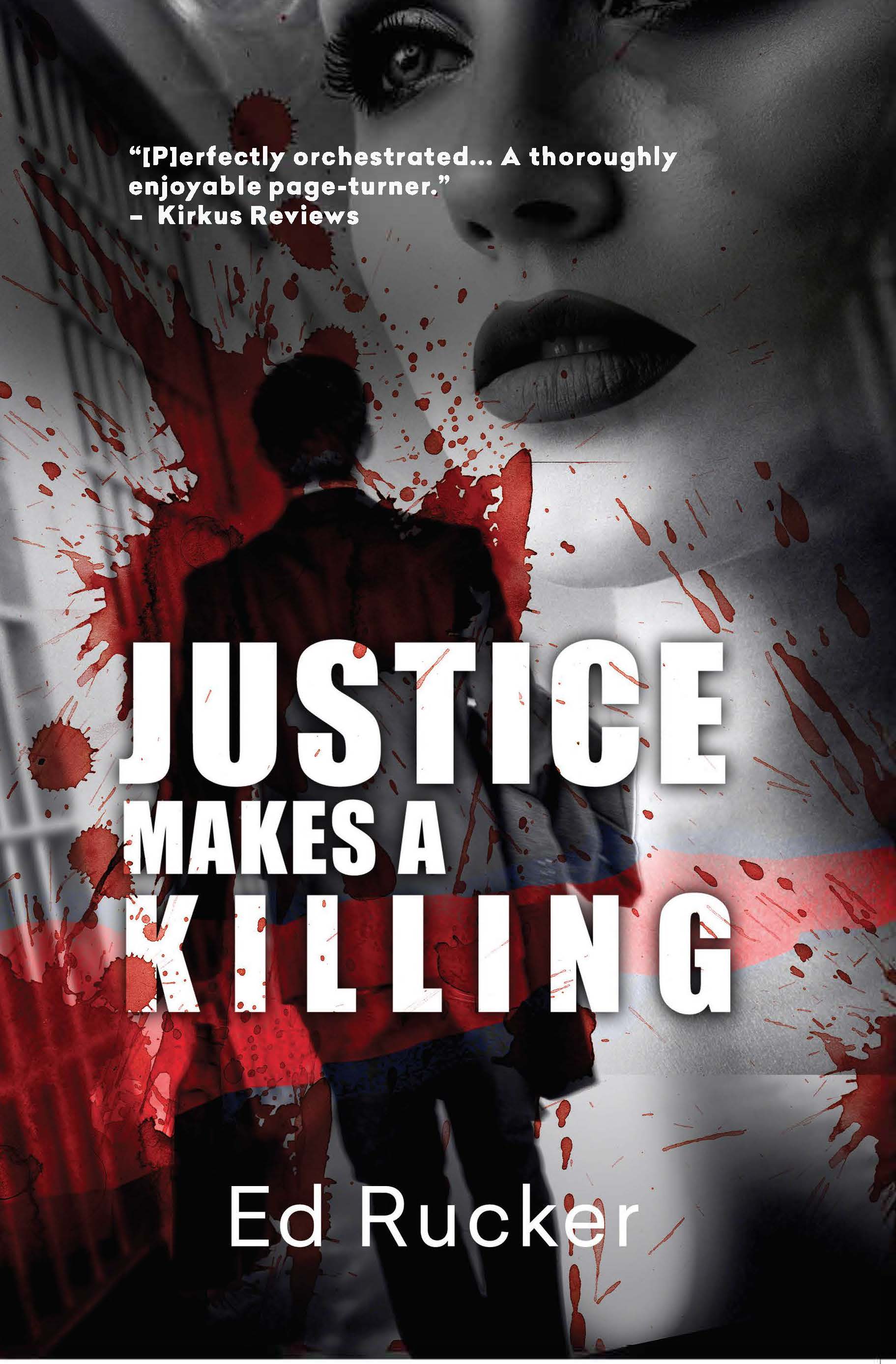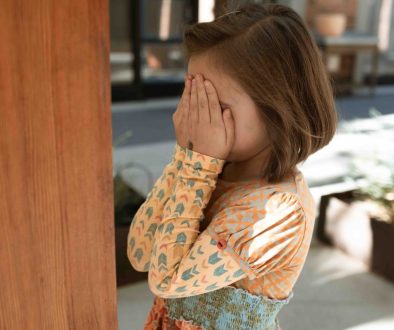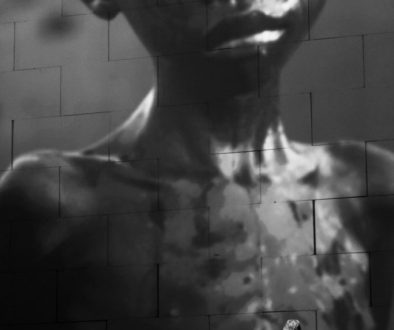Private prisons warp justice: An Interview with Ed Rucker
 Ed Rucker grew up in Los Angeles and graduated from the University of California at Berkeley and its law school. He was a criminal defense lawyer for forty years, trying cases up and down the state of California in both state and federal courts. He has tried over 200 jury trials, including 13 death penalty trials. The new Bobby Earl novel, Justice Makes a Killing, will be published on July 1, 2019, by Chickadee Prince Books.
Ed Rucker grew up in Los Angeles and graduated from the University of California at Berkeley and its law school. He was a criminal defense lawyer for forty years, trying cases up and down the state of California in both state and federal courts. He has tried over 200 jury trials, including 13 death penalty trials. The new Bobby Earl novel, Justice Makes a Killing, will be published on July 1, 2019, by Chickadee Prince Books.
Audere: What is the story behind Justice Makes A Killing? Why a legal thriller?
Rucker: First and foremost, I wanted to tell a good story, and a high-stakes criminal trial, with someone’s life on the line, is certain to be charged with drama and conflict. I wanted it told through the eyes of a defense lawyer — an authentic criminal defense lawyer, not the one-dimensional depiction normally offered on television shows such as Law and Order. I hoped, by following a defense lawyer character through such a jury trial, it might enable the reader to see both the strengths and weaknesses of our justice system. I wanted to explore the pressures our adversarial system puts on the participants, the lawyers, judges and cops, and how some maintain their integrity while others weaken and fail. I have tried to give a balanced view, just as it exists in reality, where neither side has a monopoly on virtue or honesty.
In my first book, The Inevitable Witness, I attempted to draw such a defense lawyer character in Bobby Earl. I enjoyed spending time with him and his combative style, so I brought him back in Justice Makes A Killing.
Why a book involving Private Prisons?
I feel it is more interesting for the reader to weave into the story an issue that impacts our legal system of which they might not be fully aware. In my first book it touched on the prosecution’s use of professional informants. In Justice Makes a Killing I have explored the world of the for-profit private prisons our State and federal governments use to house prison inmates.
Private prisons are a 5 billion dollar a year industry that operates for-profit facilitates all over the country to house inmates who are sentenced to prison in our courts. They emerged in the 1980s, when the number of inmates was quickly outstripping capacity, leading to what the courts found were unconstitutional conditions of overcrowding. Private prison companies stepped in with a business model in which they built a prison and secured a contract from the state to house these overflow inmates. These companies are paid per inmate on a daily basis, like a hotel. Today, private prisons incarcerate about 9 percent of all U.S. prisoners, and 19 percent of all federal prisoners. About 75 percent of all immigrants detained by ICE are also in private prisons.
When a defendant is sentenced to State Prison, neither the lawyers nor the judge can control where a Director of Corrections might place him/her, including in a private prison. It is not uncommon in California for a sentenced inmate to be placed in one of eight in-state private prisons or to be shipped to either one of two out-of-state private prisons. I have, for example, stood by helplessly with a family that was unable to visit and support their drug addict son who had been shipped to a Mississippi private prison where he sewed uniforms for McDonald’s rather than receiving any rehabilitation services.
Private prisons warp justice, because the company’s responsibility is to its shareholders and their profit margin, not the public. Studies have found they cut corners by hiring fewer guards and giving them less training. The result is less control of the inmates and a more violent atmosphere. They have no incentive to rehabilitate their prisoners, therefore provide fewer educational, drug addiction, vocational and enrichment services to inmates, giving inmates less chance of adjusting on the outside and enhancing their chance of returning.
What is the message you want readers to take away from your book?
Our jury system is an essential bulwark to protect the rule of law in our country. On the whole it works remarkably well. But over the years I have seen the growth of certain practices that threaten the integrity of our criminal justice system and I have attempted to explore a few in my story.
First, our judges are elected in many states, including California, so when the news media focuses on a case, some judges may worry more about whether their ruling on a close case might result in a public outcry that will be reflected in the ballot box, than how they should properly carry out the law.
Secondly, in our trial system, prosecutors have a difficult role. While competing against a defense lawyer, they are required to press their case forcefully, but they should never do so at the expense of seeking justice. Their constitutional duty demands they play by rules that are designed to prevent the conviction of an innocent person. These same rules run counter to their competitive instincts by requiring them to reveal evidence in their possession which might help the defense. As a consequence, it is often too tempting for some to fail to reveal evidence that points to the innocence of the defendant. Such violations are rarely punished as the courts and prosecutor offices have been reluctant to impose any consequences. The danger, of course, is that innocent people may be convicted.
Third, there is an industrial-prison-complex, comprised of the private prison industry, the prison guards unions, and the companies that provide the goods and services and profit from cheap prison labor. They spend millions lobbying for longer and longer sentences. As a consequence we have the highest per capita prison population in the world, which drains us of the tax money we could use for more socially beneficial purposes.
Justice Makes a Killing is currently available for pre-order in paperback at Barnes & Noble, Amazon and your favorite local bookstore.



